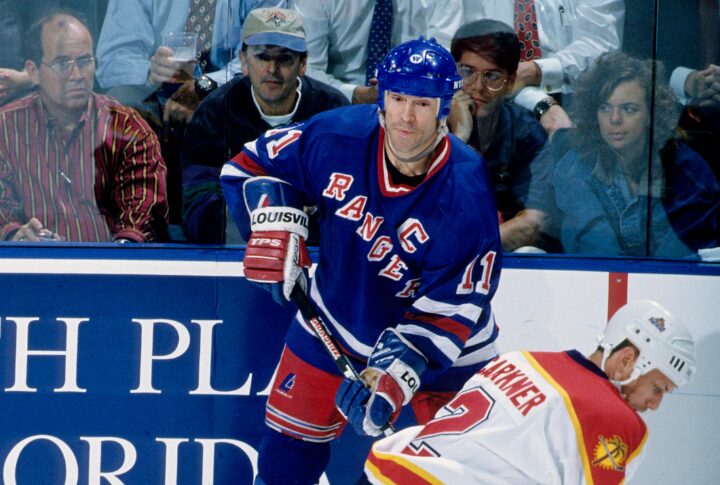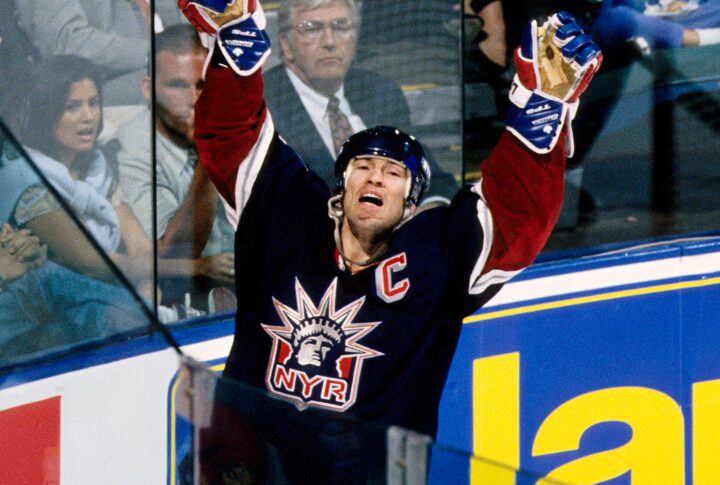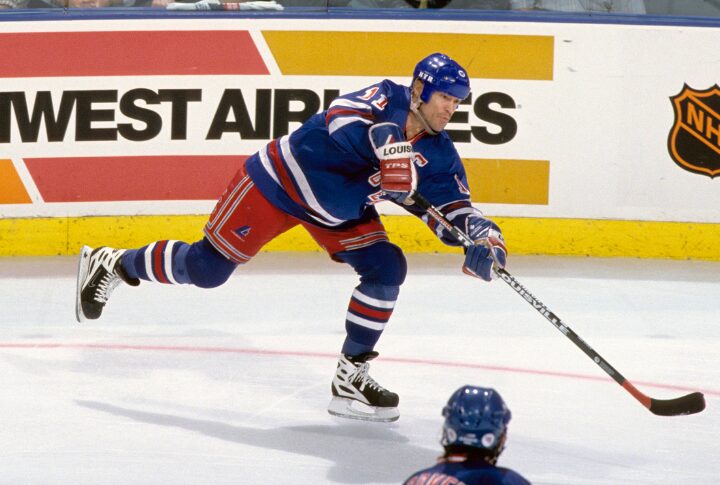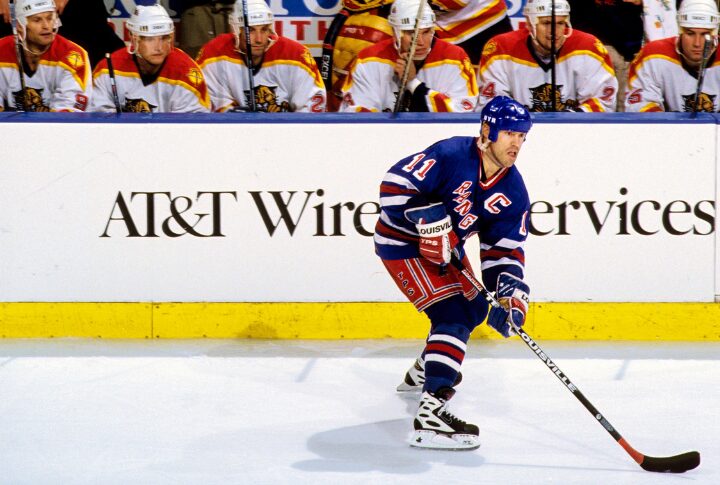
Game 7—the moment when everything matters most. Mark Messier’s legendary performances didn’t just mean wins; they revealed important lessons. If you remember his legendary guarantee before Game 6 in 1994, you might want to dive into how this hockey legend transformed Game 7 triumphs into lessons anyone can use to succeed, no matter the pressure.
Pressure Fuels Greatness

In the 1994 Eastern Conference Finals, he faced tremendous pressure, but he embraced it and led the Rangers to victory. His perspective was that pressure presented an opportunity to excel. This approach allowed him to deliver his best performance when it mattered most and set an example of resilience under stress.
Teamwork Wins It All

Messier’s Game 7 success was never a solo act. In 1994, he placed his faith in his teammates, which resulted in a collective victory. The team’s unity and shared sense of purpose highlighted that everyone had a role to play. Their triumph showed how genuine teamwork often outshines individual talent.
Stay In The Moment

During the 1994 Stanley Cup run, he stayed present—past errors and future outcomes didn’t distract him. He applied this same mentality across Game 7 and focused purely on each moment at hand. His ability to keep himself and his team locked into the present proved essential in performing well under pressure.
Hard Work Beats Talent

Game 7 showcased his belief that raw talent alone isn’t enough. Against the opponent, he demonstrated relentless effort and determination, consistently leading by example. The approach made clear that persistent hard work, especially when things are tough, can overcome pure skill—a lesson he personified in that decisive moment.
Composure Is Key

The 1994 Game 7 was full of intense moments, but Messier remained composed. His ability to stay calm helped him make clear decisions even under pressure. Mark demonstrated that keeping a cool head allows one to seize opportunities effectively and turn what could be chaotic into something manageable and productive.
Learn From Losses

Not every Game 7 ended with Messier’s team winning. Following a tough loss in 1991 with the Oilers, he reflected on what could have been better, using those lessons as a stepping stone for future improvement. The willingness to learn from losses later fueled his successful runs, including in 1994.
Adapt to the Situation

In Game 7, Messier often adjusted his play style based on the game’s flow. No matter if it meant playing more physically or stepping back to support his teammates, his adaptability allowed him to respond effectively to changing circumstances, and showed that being flexible can be just as important as having a plan.
Play To Your Strengths

During high-stakes games, he stuck to what he knew worked—focusing on his strengths like leadership and physical play. By relying on what he was best at instead of changing tactics, he managed to stay effective in the most key moments and showed that authenticity can be a real strength under pressure.
Preparation Builds Confidence

Messier’s Game 7 success was built long before the puck even hit the ice. His thorough preparation meant that he felt ready for anything that might happen. Being prepared helped him perform with confidence, which highlighted that true confidence comes not from bravado but from knowing you’ve put in the work.
Lead By Example

In the 1994 Stanley Cup Finals, Messier led by example, delivering results both on and off the ice. He didn’t just talk about winning—he showed it. By leading through action, Messier inspired his teammates to believe in themselves, especially in critical moments, and showed that actions can indeed speak louder than words.








